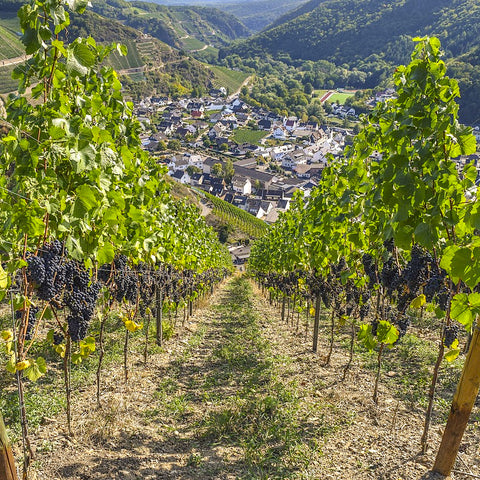Understanding Terroir

Understanding Terroir
In the context of wine, terroir refers to the unique combination of environmental factors that influence the characteristics of grapes grown in a specific vineyard or wine-producing region. These factors contribute to the distinct flavours, aromas, and qualities of the wine produced in that particular area.
Soil
The composition and structure of the soil in a vineyard influence the nutrient levels available to the grapevines. Different soils can impart specific mineral qualities to the grapes, affecting the taste and aroma of the wine.
Climate
The local climate, including temperature, rainfall, and sunlight, plays a crucial role in grape ripening and the development of flavour compounds. The length of the growing season and the temperature fluctuations contribute to the overall style of the wine.
Topography
The physical features of the land, such as altitude, slope, and orientation, can influence factors like water drainage and sunlight exposure. These elements impact the microclimate of the vineyard and, consequently, the characteristics of the grapes.
Cultural Practices
The specific vineyard management techniques, grape varieties chosen, and winemaking traditions of a region contribute to its terroir. Local knowledge and expertise in cultivating and processing grapes also play a role.
Grape Variety
While terroir emphasizes the environmental factors, the grape variety itself is an essential component. Different grape varieties have distinct characteristics, and how they interact with the unique terroir of a region contributes to the final wine's profile.
Winemakers often embrace the concept of terroir as a way to express the unique identity of their vineyards and regions. Wines from specific terroirs are believed to have a sense of place, reflecting the environmental conditions and human influences that make them distinctive. This concept is especially important in regions with a strong tradition of wine production, such as Burgundy in France, where the notion of terroir is deeply ingrained in winemaking practices.
